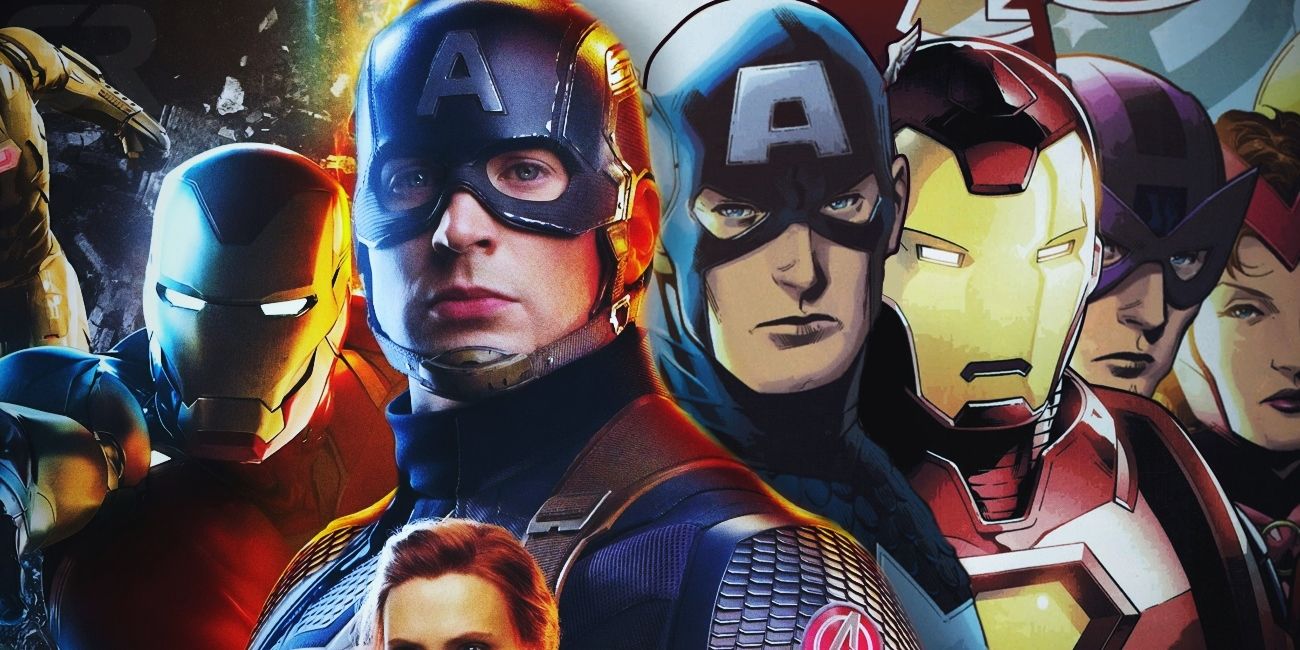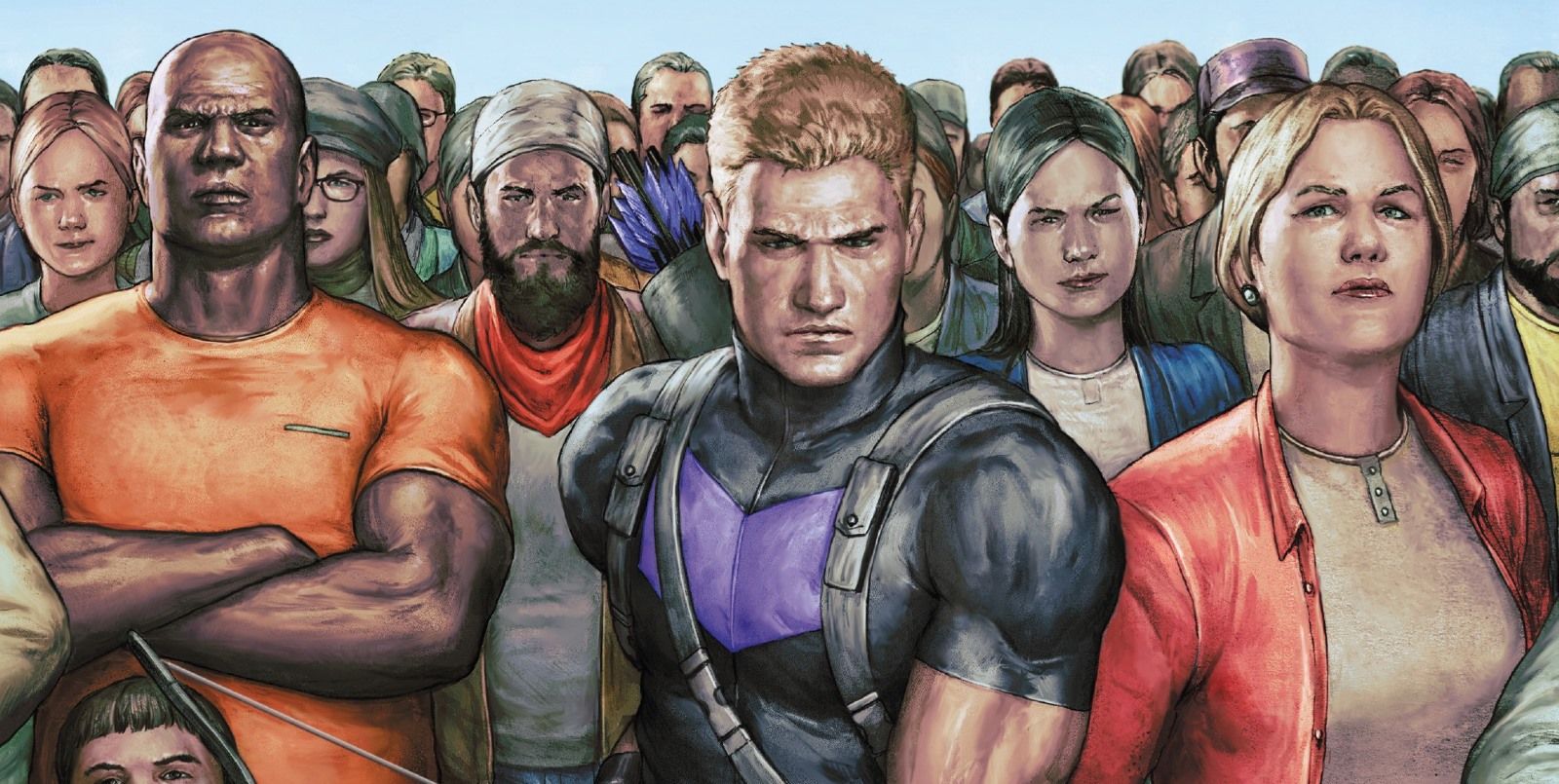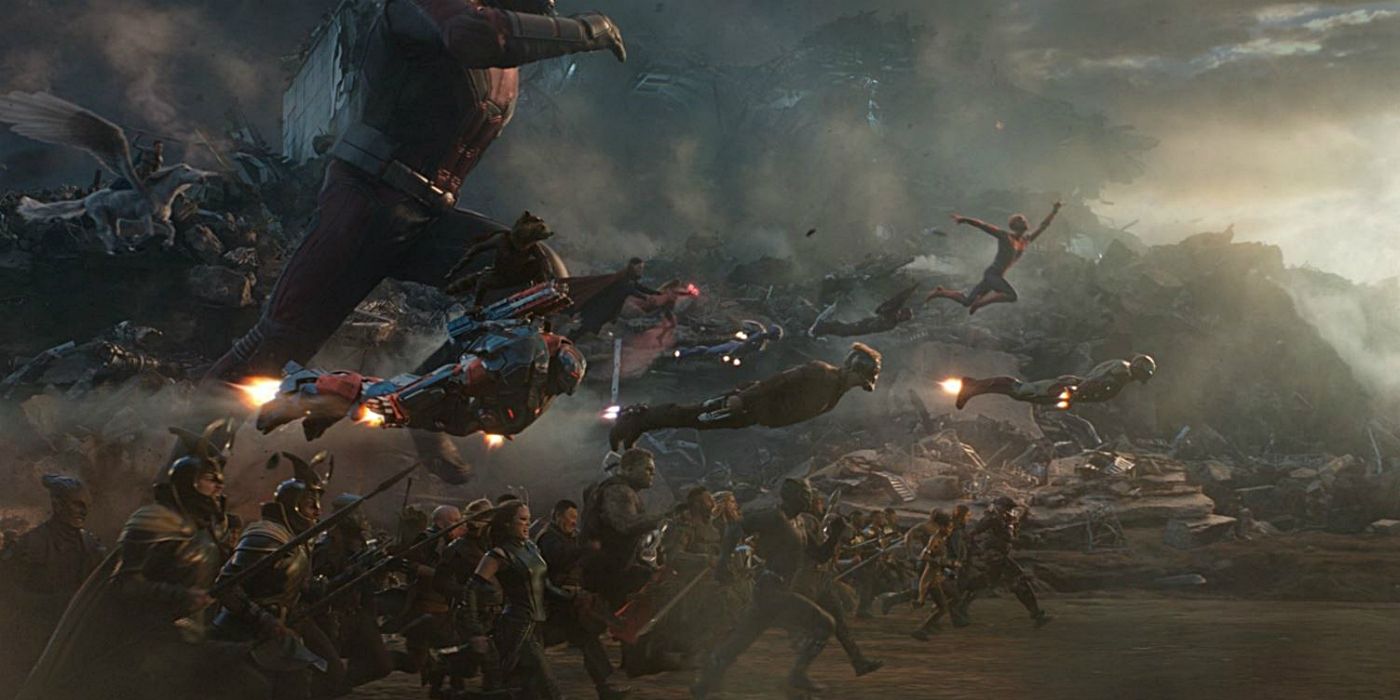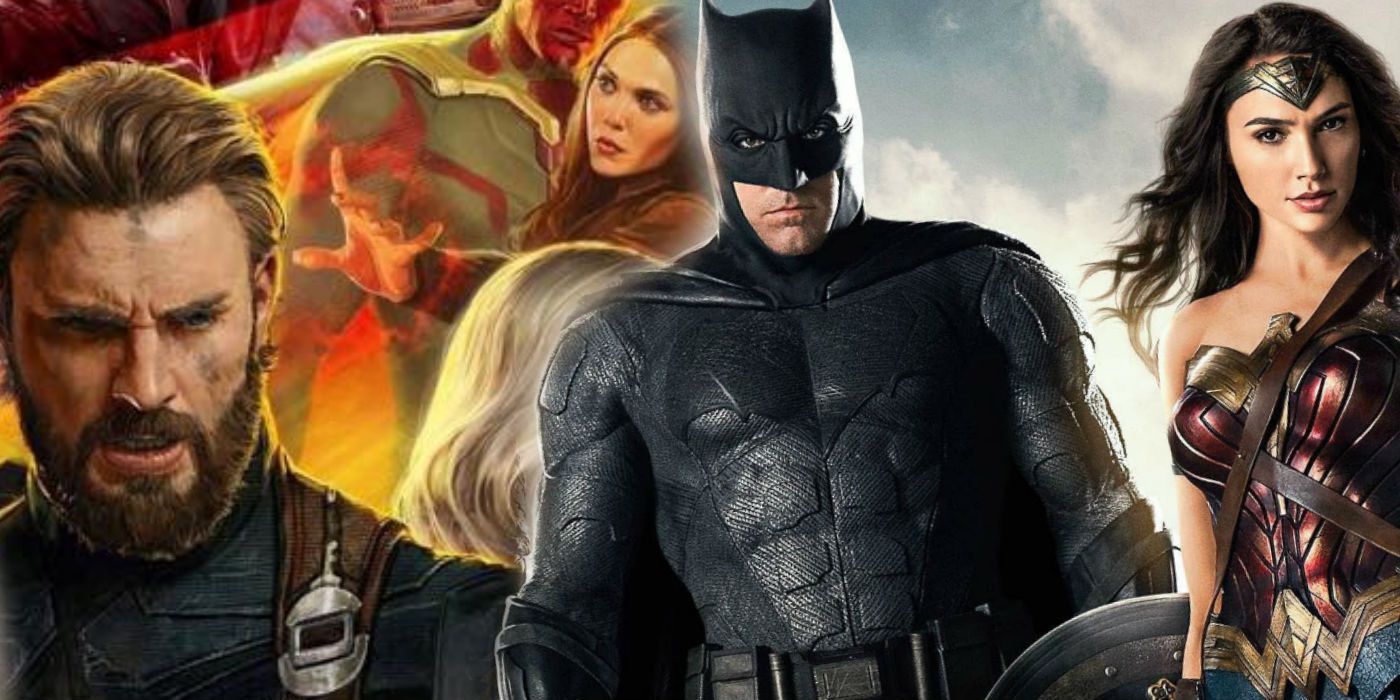No, Coronavirus Isn't Going To Kill Comic Book Superheroes

It's a claim being made more and more, but allow us to be clear. No, the Coronavirus pandemic isn't going to kill the superhero genre. COVID-19 has brought the world screeching to a halt, having a particularly pronounced impact on the entertainment industry, with the global box office largely shut down. To illustrate how dramatic a loss that may truly be, in 2019, Disney was the first studio in history to surpass $10 in the global box office; in 2020, there's informed speculation the pandemic-induced stock crash means they could be acquired by Apple. It's the perfect indication of just how much the world is changing as a result of the virus.
Disney's position of dominance in Hollywood has been strongly influenced by the popularity of the superhero genre. This year's superhero blockbusters have been slashed; 2020 will be the first year in a decade with just one MCU flick coming out. Meanwhile, the comic book industry that inspires these movies is itself in crisis. By March 23rd, Diamond Distributor, responsible for distributing physical copies of comics to retailers across the planet deciding to shut down, the Direct Market has essentially closed. It's now been weeks since new comics were released in any significant numbers, and with no return to business as usual yet in sight.
The global pandemic is undoubtedly going to cause lasting changes in popular culture. Somewhat inevitably, there's even been speculation the entire superhero genre could be killed off by the virus. Fortunately, these fears are somewhat overstated.

It's important to place the current state of the comic book industry in its correct context - and that can only be done by understanding the history of sequential art. After all, that's essentially what comics are; as Scott McCloud argues in his book Understanding Comics, a comic uses sequential pieces of art to present a narrative or message. Viewed in that light, comics can be traced back to Reformation times, when Martin Luther presented complex political and religious messages by placing two wood-carvings next to one another. It wasn't until the 19th century that comic strips really became used purely for entertainment purposes, and the 20th century saw the rise of the comic book industry as we know it. And superheroes have been a core part of that industry since the 1940s.
This historical context serves as a salutary reminder that, at heart, comics are a popular form of art. They've existed for hundreds of years, and they're not going anywhere. What's more, comic books as we know them have been selling for decades, through times of social and technological upheaval. Until Coronavirus, the worst crisis to face the comic book industry was when sales collapsed in the 1990s, driving Marvel Comics to the brink of bankruptcy. This resulted in the birth of the modern distribution model. And for years now there have been signs this model is flawed and no longer fit for purpose; publishers and retailers alike have resisted allowing it to evolve, but change is an inevitable part of life, and Coronavirus is likely to simply accelerate what was already going to happen in the end.
It's too soon to say what the post-Coronavirus comic book industry will look like; the Direct Market is likely to be dramatically weakened, with many retailers closing their doors for good because income has been slashed but essential expenditure - such as rent - remains. That will force publishers to pursue different strategies, and already there are rumors some are looking at multi-distributor models, weakening Diamond's current dominance. But however tragic this may be for some profitable and beloved retailers, and however painful the transition may be, the comic book genre as a whole will survive. Changes in distribution may mean changes in form, frequency of publication, or the number of books released each week; but the art form will remain.

The same is true of the superhero genre as a whole. According to the critics, superheroes lack cultural relevance right now, because society is facing a threat it can't punch or blast out of the sky. No superhero can KO a virus, and team-ups are out of the question as a breach of social distancing rules. The argument is an amusing one, and it has the virtue of at least treating superhero comics and movies seriously; it assumes they should have social and political relevance in the first place.
But the argument is still very much flawed. It forgets that escapism can be valuable in and of itself, allowing people an opportunity to forget the real world for a time. Right now, men and women all over the planet are sat at home under harsh, draconian lockdown conditions, and every time they switch on the TV they're reminded of the pandemic sweeping the globe. The superhero genre offers a simpler world, one in which good will always ultimately triumph over evil, and in which the bad guys really can be taken out with a repulsor blast or a Batarang. Far from rendered meaningless by the pandemic, the superhero genre can serve a different purpose, allowing people a chance to catch their breath as they read a comic or watch a film or TV series. Furthermore, in a time like this, escapism should not be seen as secondary; it is valuable, perhaps even essential for us to retain our mental health.

No doubt many are seeking to escape by returning to some of the things they grew up with; that explains why the Disney+ streaming service is massively exceeding expectations, with over 50 million subscribers worldwide in spite of a limited range of original content. To put this in context, Disney originally anticipated acquiring between 60-90 million subscribers by the end of 2024. Meanwhile, Marvel Comics has smartly launched a promotion on their Marvel Unlimited library, offering free reads of classic stories like the Dark Phoenix Saga, the complete Civil War event, and Donny Cates and Geoff Shaw's Thanos Wins miniseries. ComiXology has wisely extended its free trial period from 30 days to 60. All this capitalizes on the sheer power of nostalgia, which has plenty of time to exert a powerful influence given the number of people sat at home right now.
All this means Coronavirus isn't going to kill the superhero genre. It's true individual stories will change; no doubt comics will indeed reflect on the pandemic somehow, just as they dealt with the AIDS pandemic in the '90s or wrestled with the horror of 9/11. There are already rumors Marvel Studios has subtly rewritten episodes of the upcoming Falcon & Winter Soldier miniseries to remove a biohazard sub-plot, although these are unconfirmed. But the superhero genre itself will survive, and in truth will continue to thrive.
from ScreenRant - Feed https://ift.tt/2V1OXdm
via Whole story

Post a Comment